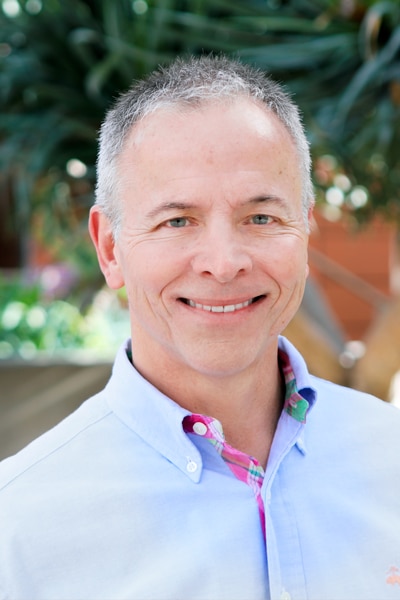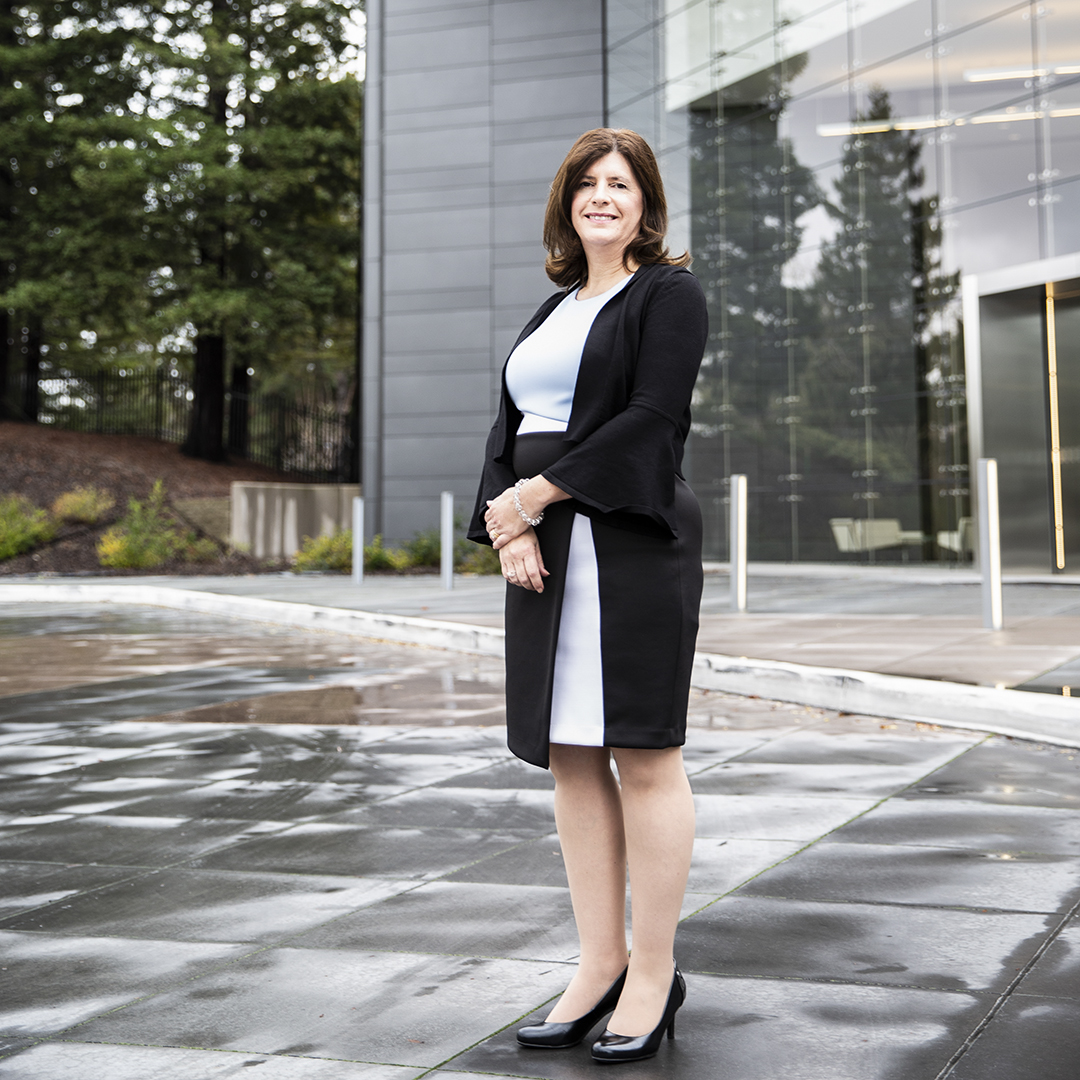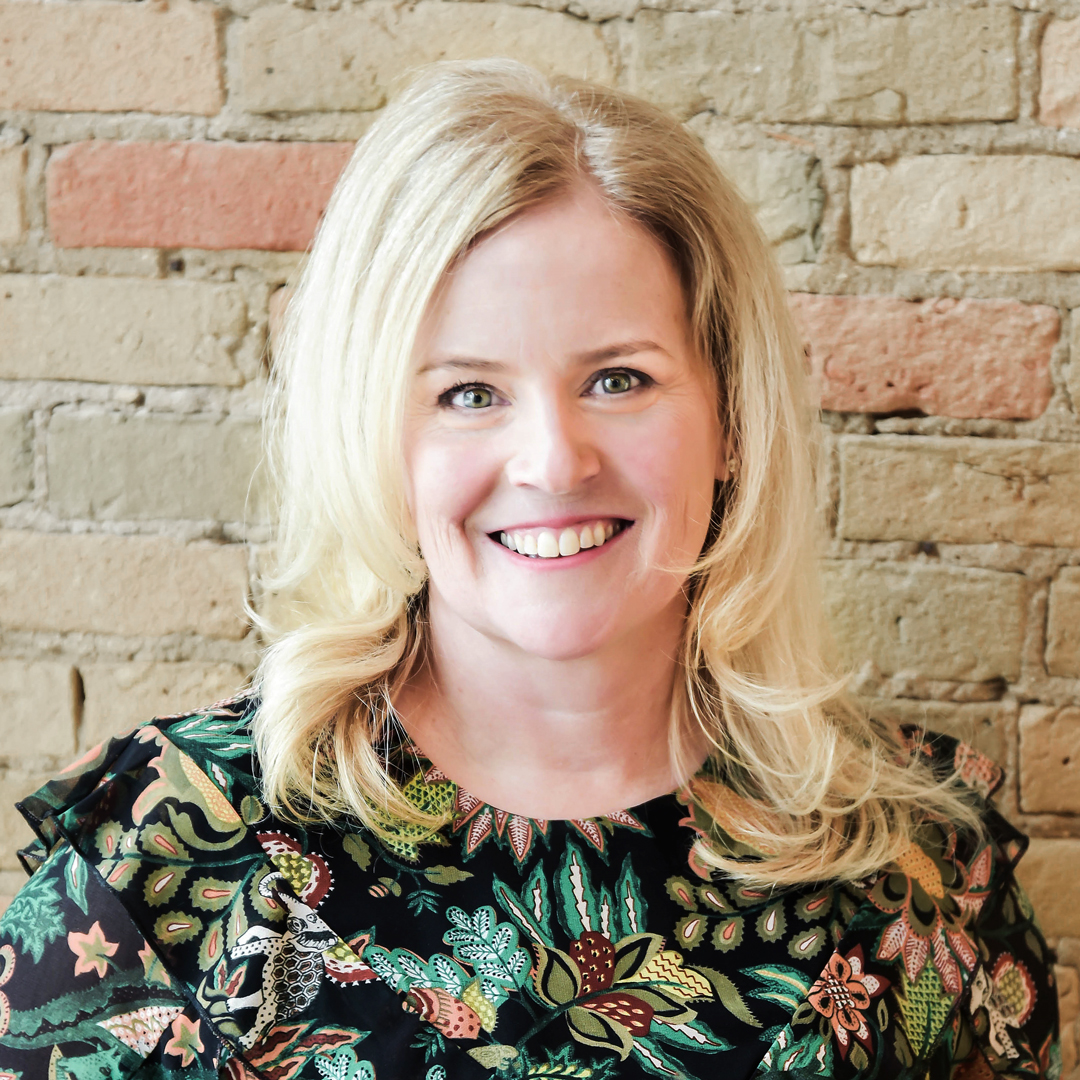When a company serves clients in more than 150 countries and has 87,000 employees, educating them and their dependents about all the benefits available to them can present some unique logistical challenges.
That’s one reason AECOM—which designs, builds, operates, and finances infrastructure projects worldwide and has been named one of Fortune’s World’s Most Admired Companies for the past five years—orchestrated a full week of events last June to launch its global well-being program. And, even with five full days, the Los Angeles-based firm had to extend the initiative over three different weeks to accommodate a major Middle Eastern holiday and other events occurring at offices in other parts of the world. All of this was in pursuit of ensuring that wellness is 100 percent integrated into the culture and DNA of the company.
“We have a robust US wellness program, now in its eighth year,” says Bernie Knobbe, AECOM’s vice president of global benefits. “And we had some local activities in a few countries. But we didn’t have a true focus consistently on a global basis.”
To introduce a truly international program, AECOM hosted its first global well-being celebration event, scheduled to follow Global Wellness Day on June 9, 2018, with each day of the week focusing on a different theme, or “pillar,” of well-being. Activities throughout the first four days of the event encouraged employees to reflect on physical, financial, social, and emotional well-being for themselves and their families while a fifth day focused on the health of the planet.

Internal resources and external vendors came into offices to conduct over 134 classes, health screenings, and additional events that fit with the week’s themes. Some of the company’s leaders created videos discussing what well-being means to them, adding them to a video library that employees could access at any time. AECOM human resources staffers and other wellness ambassadors were also encouraged to organize on-site events that catered to their office’s interests and needs.
Companywide in-office events included a “stress block challenge” in which each employee was given a squishy foam building block and encouraged to collaborate with coworkers to construct something creative and fun. They could then submit photos of their creations for a chance to win prizes. The contest garnered 235 global submissions and created countless contacts among colleagues, Knobbe says.
“Part of social well-being is connecting with people in the office,” he says. “So sending everyone a building block and telling them to work together to build something really brought a lot of engagement, and it also raised awareness around well-being and the benefits available to support both them and their families.”
The company also created a well-being wheel that was available at some AECOM offices and online. Employees were encouraged to spin the wheel and take time out to complete the suggested task resulting in more than 2,700 well-being moments for the week. Options included activities such as grabbing coffee with a colleague you haven’t talked to in a while or logging one thousand steps on a short stroll or walking meeting.
“The whole idea was just taking a minute to focus on well-being,” says Knobbe. “We tried to make it a little bit more fun and include game-oriented approaches including contests and other activities.”
But this type of programming isn’t just for fun. AECOM has seen some quantifiable results of its Wellness at AECOM initiative in the United States. On an annual basis, people who participate in the program see an 18 percent reduction in healthcare claim costs compared with people who don’t, Knobbe says. Employees—and their spouses or domestic partners enrolled in company medical plans—can also cut costs for themselves by participating in the program. Adult enrollees who complete activities such as creating meal plans or going in for annual health screenings earn points they can parlay into incentives including reductions to their health insurance contributions for the following year. Employees and their partners appreciate the opportunity to earn discounts or chances to win generous gift cards in company drawings as a reward, he adds. The incentives also advance the notion that wellness should be a shared commitment that benefits everyone.
“Part of it is around raising awareness, which is the first thing you need to have engagement,” Knobbe says. “So you have to make them knowledgeable. But then, you have to encourage employees to take action and include accountability and responsibility to actually do something.”
AECOM has also increased its focus on electronic communication and other online resources to help educate spouses, domestic partners, and AECOM employees who may work remotely or only visit an office occasionally between stints on project sites. Digital tools help spread the word about available resources and incentives, says AECOM Executive Vice President and Chief Human Resources Officer Mary Finch.
“The evolution of our benefits and well-being programs has expanded our digital HR tools, which are focused on engaging and enabling our global workforce through mobile applications that provide relevant resources and information on our many programs,” she says. “The opportunity to connect with each of our employees is made real by the digital accessibility via varied media of the well-being and benefits programs we have implemented to support our business health and safety.”
While it’s too early to measure the overall impact of the wellness initiative’s global launch, figures from the company show strong engagement with AECOM’s online well-being resources, the digital well-being wheel, videos from company leaders, and other parts of the program, according to Knobbe.
“And part of this was not just about an immediate impact,” he says. “It was about raising awareness now so we can start to see the impact over time of this investment. We really wanted to sort of wake people up and say, ‘We have all of this for you.’” It also supports the company’s significant focus on project safety, safeguarding employees and clients, and good health.
AECOM is planning to extend its Well-Being Week to an entire month in June 2019, and company leaders are supporting the program year-around, Knobbe says, because employees who take care of themselves physically, emotionally, socially, and financially are healthier, happier, and more productive. Also, a holistic view of health demonstrates how the company can contribute to workers’ well-being, even if they live in a country that provides national healthcare.
“I think the basic issues exist everywhere. But they’re dealt with in very different ways. Still, the needs of employees overall are basically the same,” Knobbe says. “They want to manage their stress. They want to achieve mindfulness. They want financial stability. They want good health for themselves and their families. They want to be well.”
And employers can help them achieve those big goals, even without big budgets, Knobbe says.
“If you really want to do this around the world, it is possible. It doesn’t have to be overly complex so that it takes a lot of money, a lot of time, and other resources. It just takes some focus, creativity, energy, awesome teams supporting you, and a passion for making a difference. If you have that, you can do it too, so game on.”
Cigna is a global health service company dedicated to improving the health, well-being, and peace of mind for those we serve. We applaud Mary Finch and Bernie Knobbe, our valued partners at AECOM, for their continued dedication to the industry and our partnership.
MERCER congratulates Mary Finch and Bernie Knobbe on this well-deserved recognition.
At MERCER, we make a difference in the lives of over 110 million people worldwide by advancing their health, wealth, and careers. We team with our clients every day to improve productivity, safety, business performance, and benefit costs.
www.mercer.com


